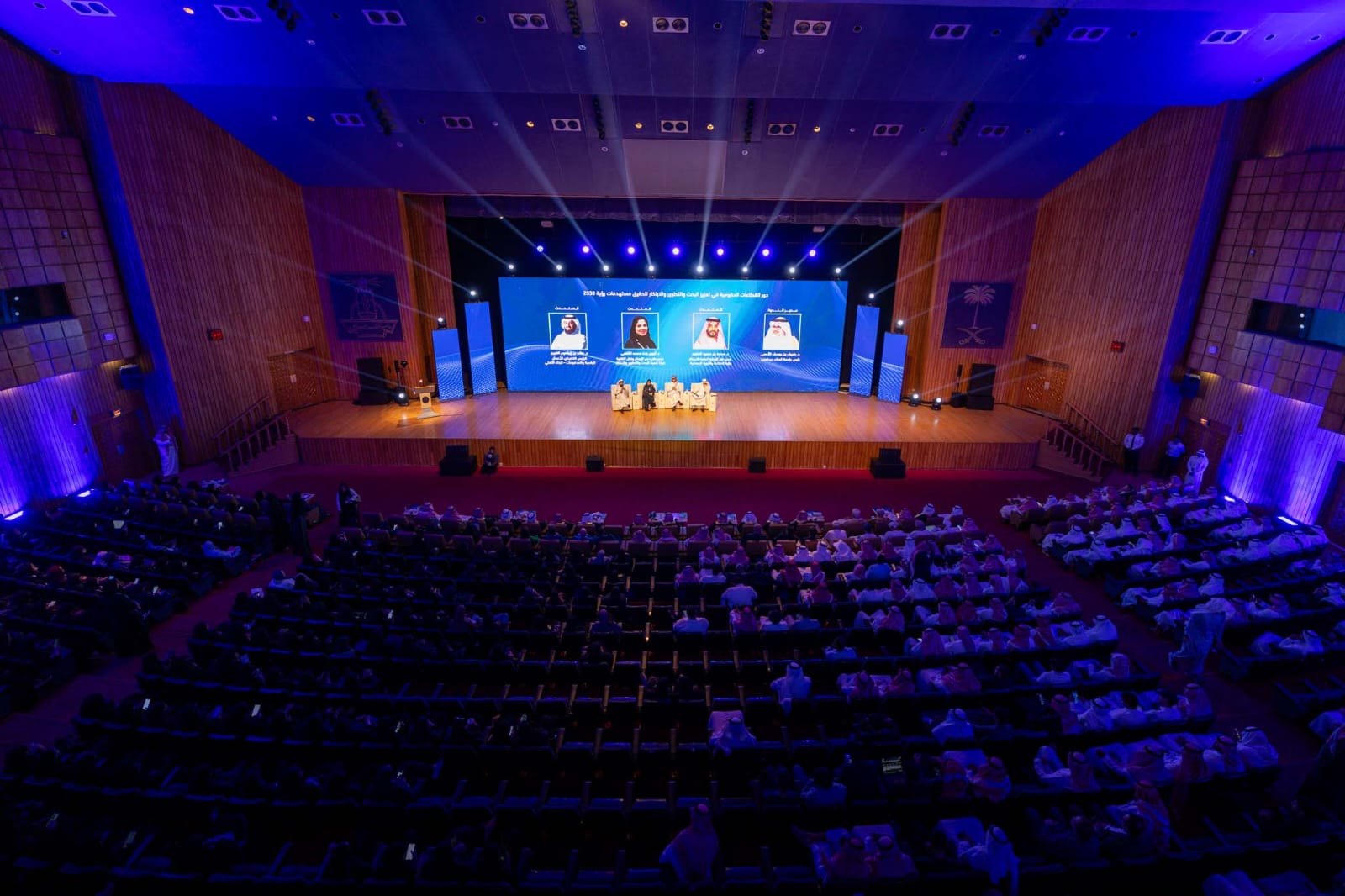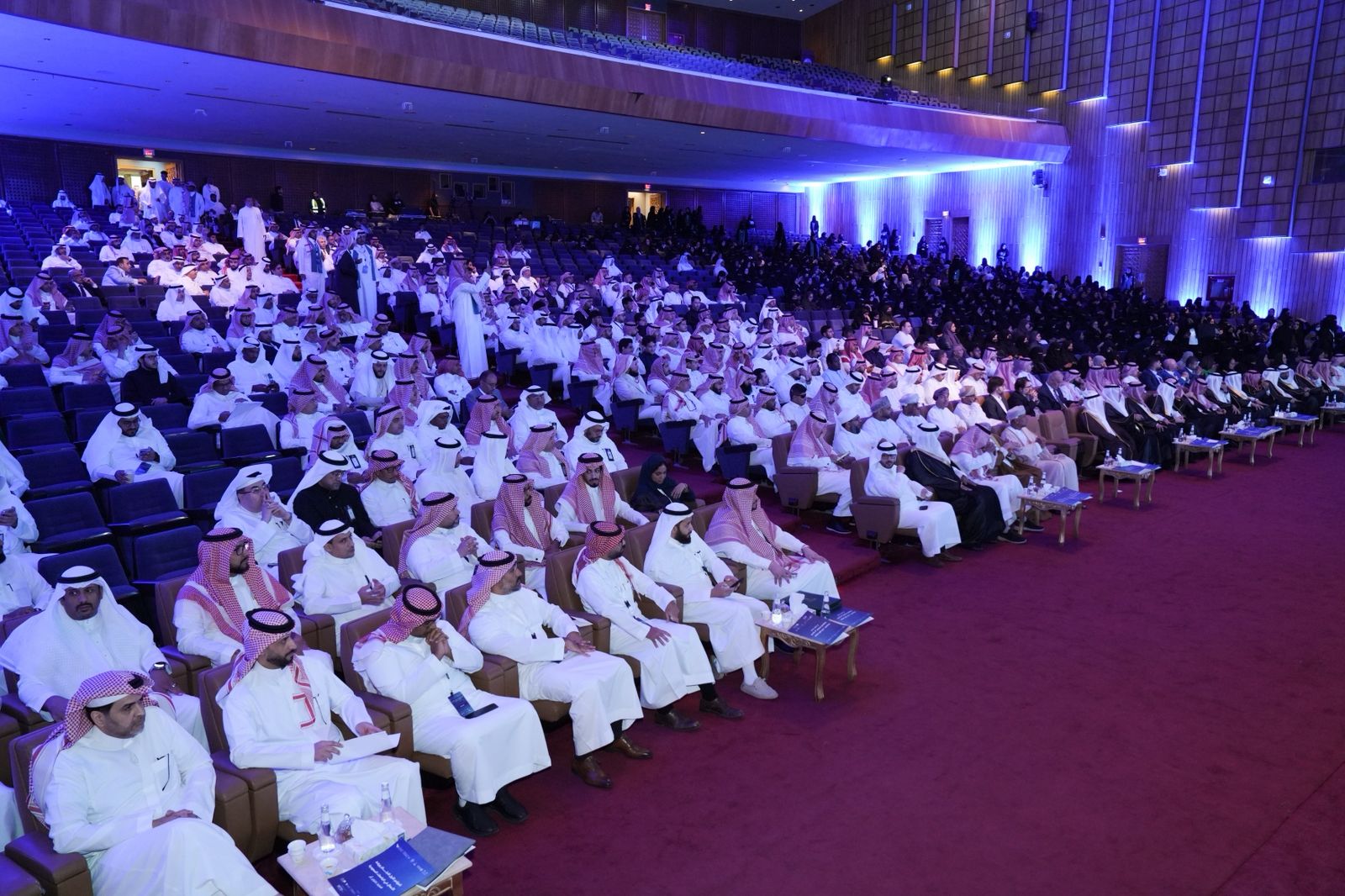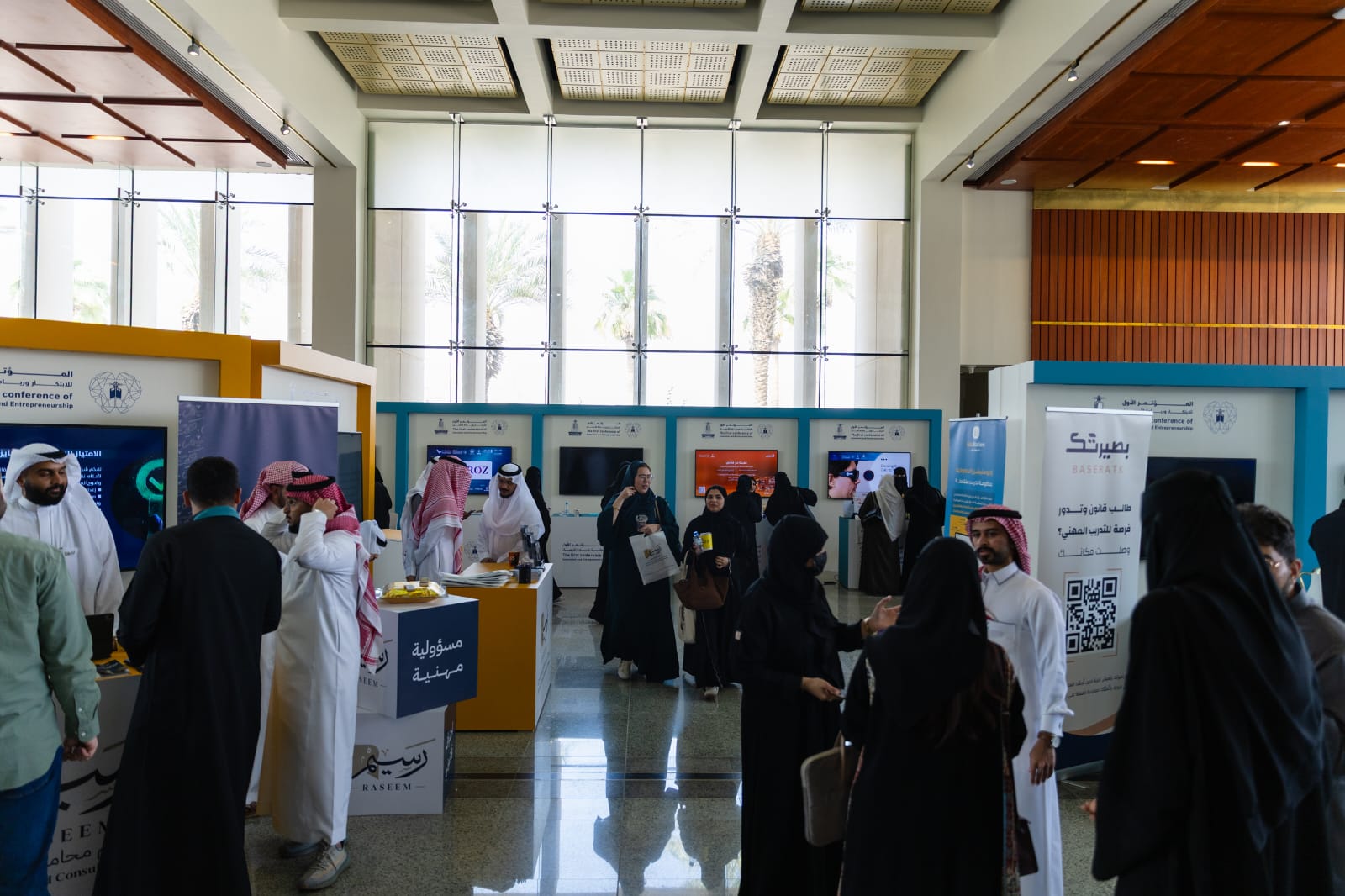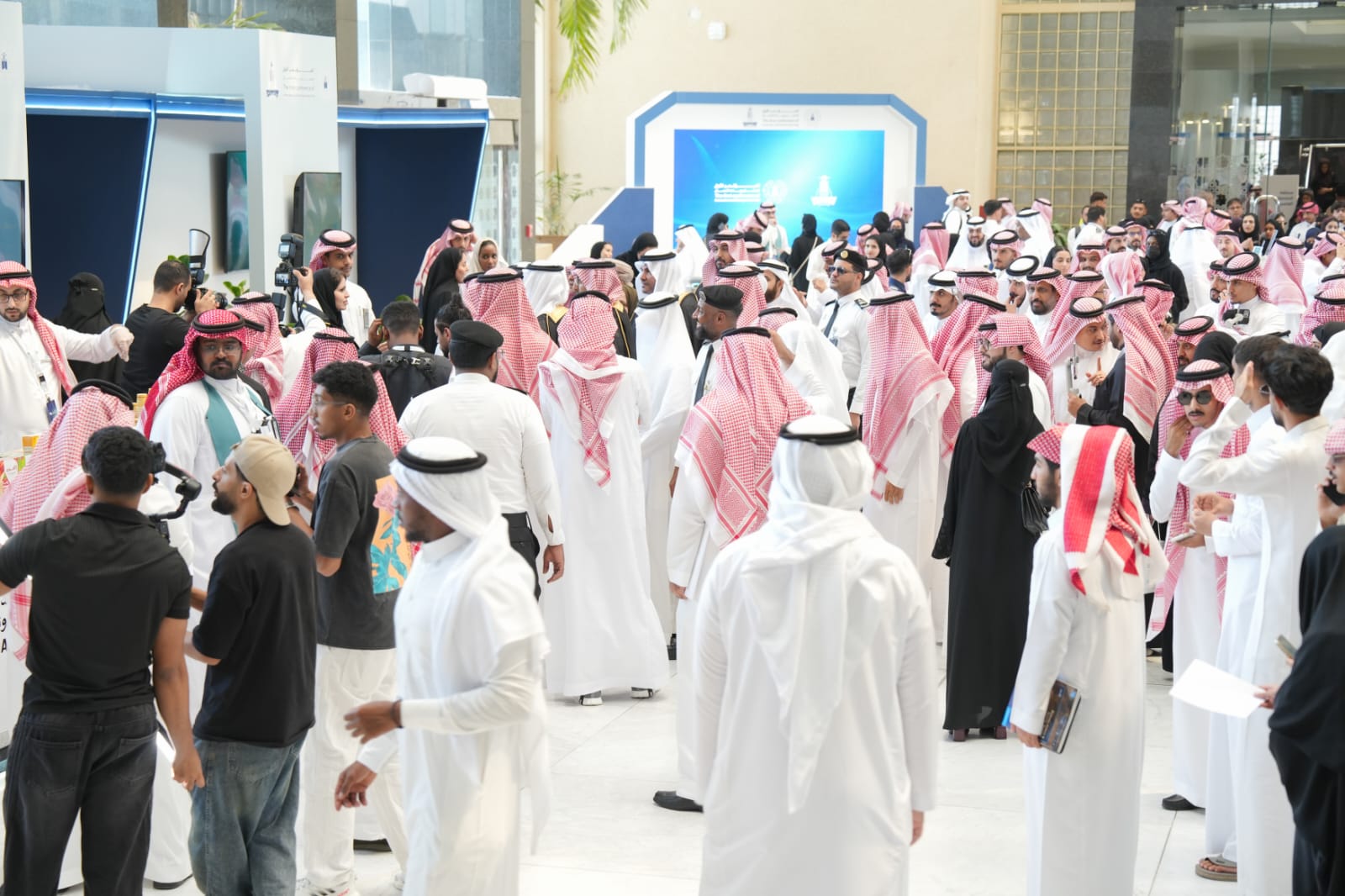Under the patronage of HRH Prince Khalid Al-Faisal, Advisor to the Custodian of the Two Holy Mosques and Governor of the Makkah Region, King Abdulaziz University concluded the activities of the First Innovation and Entrepreneurship Conference, held over two days at the King Faisal Conference Center under the theme “Idea, Invention, Impact.” The event recorded an unprecedented total of 7,136 participants from government entities, academic institutions, and the private sector.

Throughout two days of vibrant scientific and knowledge-driven engagement, the conference featured 21 panel discussions and 16 workshops, with more than 105 speakers and experts sharing insights on the latest trends in innovation and the future of entrepreneurship in Saudi Arabia. The accompanying exhibition showcased 40 scientific posters and 25 research abstracts, reflecting the strength and creativity of national talent.
Among the applied programs, the conference hosted the National Hackathon, which brought together creative university students to present high-impact, forward-looking solutions. The event also featured the Entrepreneurship Hall, which included 38 startups, 8 companies specializing in entrepreneurship services, and 8 innovation-focused entities from KAU, such as the Entrepreneurship Club and the CIES incubator, creating an ideal space for knowledge sharing and showcasing successful entrepreneurial projects.
The conference also hosted the Athar (Impact) Competition, where 30 university teams competed across three tracks: Sustainability, Innovate for Your Health, and Entrepreneurship.

In the Sustainability track, Ecoreact (KAU) won first place, Royan (Majmaah University and KAU) came second, and Hesn (KAU) placed third.
In the Innovate for Your Health track, Wameedh (Imam Muhammad bin Saud University) earned first place, followed by Take Care (KAU) in second, and Smart Car (KAU and Yanbu Industrial College) in third.
In the Entrepreneurship track, NoorCap (Hafr Al-Batin University) secured first place, with Amenin (KAU) in second, and Mecca Bloom (Izdihar Makkah) (KAU) in third.
One of the conference’s key outcomes was the signing of multiple cooperation agreements between KAU, other universities, and public and private sector entities. These agreements are intended to enhance research collaboration, enable knowledge transfer, support technology commercialization, and build a sustainable entrepreneurial ecosystem in line with the objectives of Saudi Vision 2030.
The accompanying exhibition featured 22 universities with dedicated booths, along with several prominent national organizations, including the General Authority for Small and Medium Enterprises (Monsha’at), the Saudi Water Authority, the National Industrial Development and Logistics Program, the “CODE” company under the Ministry of Communications, the Social Development Bank through its Jada 30 initiative, the Council of University Affairs, the Research, Development and Innovation Authority, Wadi Jeddah, and other strategic partners whose participation contributed significantly to the success of the event.

In its final outcome recommendations, KAU called for reinforcing national leadership in innovation through the adoption of a unified and inclusive vision driven by active institutional and community engagement. This would contribute to the development of an integrated national innovation and entrepreneurship ecosystem.
KAU also emphasized the need to strengthen collaboration between academia and the private sector by developing strategic partnerships with government agencies, improving patent evaluation processes, and accelerating technology transfer to stimulate investment in research and innovation outcomes.
The university recommended the creation of a national university investment fund to support innovative projects and transform research ideas into sustainable economic opportunities. It also proposed the development of flexible and creative funding mechanisms to enable universities to incubate startup ventures and offer financial and technical support to student and faculty innovators. Additionally, KAU urged the launch of national digital platforms that connect universities with investors and promote academic innovations to both local and global markets.
KAU highlighted the importance of enhancing the role of existing innovation and applied research centers in universities, positioning them as key drivers of technology transfer and creative solutions for national and societal challenges. It also proposed the introduction of national innovation and entrepreneurship awards to encourage excellence, stimulate competition, and foster a culture of creativity among students and faculty members.
Further recommendations included integrating entrepreneurial and creative thinking into university curricula through specialized courses and initiatives that develop students’ innovation capabilities. KAU also stressed the need to increase investment in applied research and education to empower national talent, advance the knowledge economy, and diversify income sources.
Finally, the university recommended launching national programs to localize emerging technologies, by supporting applied research, building local expertise in operations and maintenance, and facilitating access to innovative financing tools that support the sustainability and competitiveness of entrepreneurial ventures.
The conference concluded with KAU reaffirming its long-term commitment to strengthening the national innovation and entrepreneurship ecosystem through actionable initiatives and strategic partnerships, transforming ideas into real-world solutions that contribute to a more innovative, sustainable future aligned with the aspirations of Vision 2030.

